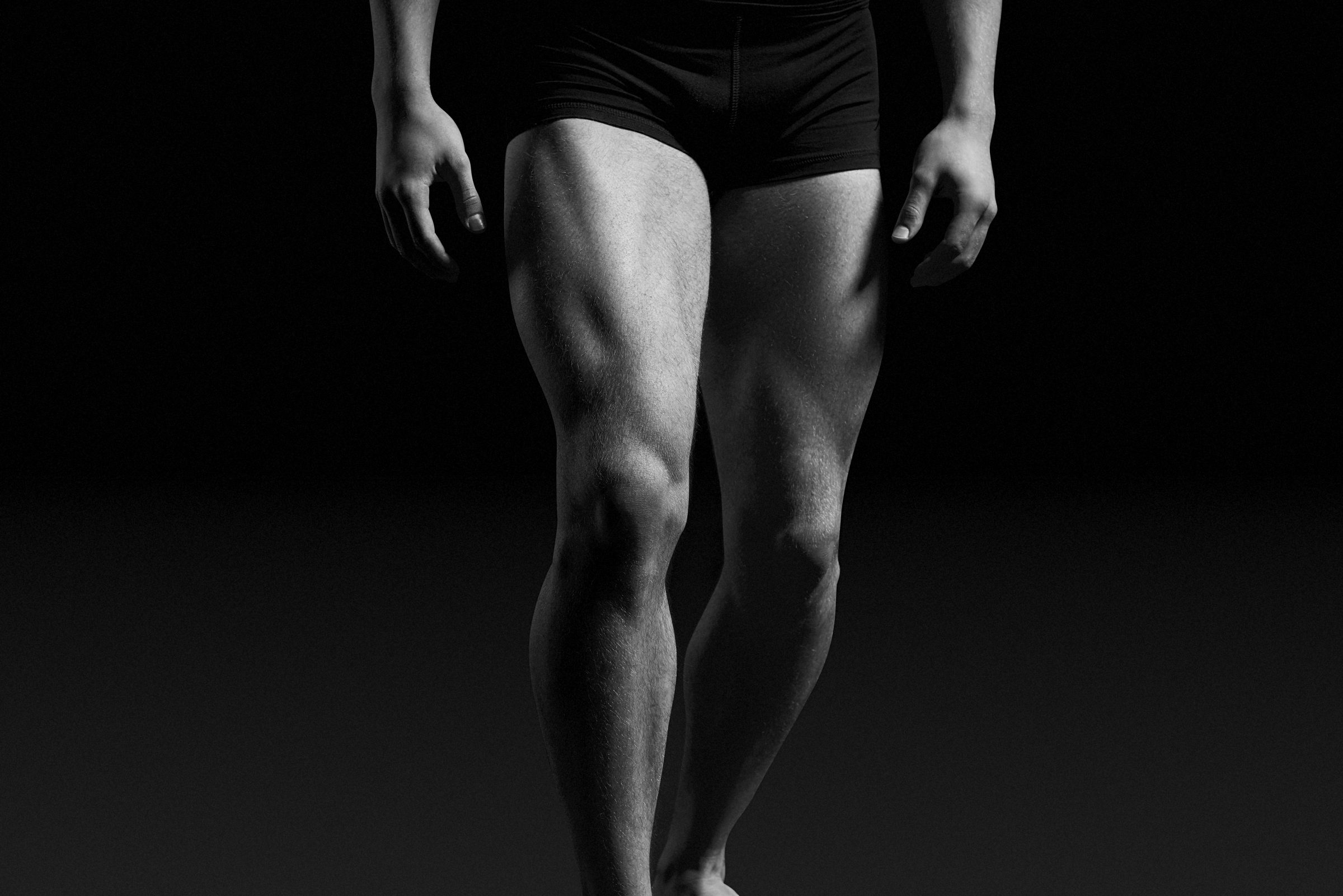Suite 3, Ground Floor, The Gateway,
312 St Kilda Road, Southbank, VIC, 3006
Movement Coaching: a Physiotherapy Perspective

Assessing movement patterns is an important component of physiotherapy. Movement coaching involves improving the quality, power timing, efficiency and effectiveness of movement. At Performance Medicine we have movement coaches who base their practice on the work of pioneering physiotherapists such as Dr. Shirley Sahrmann (Movement Systems Impairments approach) and Dr. Diane Lee (Integrated Systems Model).
Movement coaching involves identifying what Diane Lee calls “The Meaningful Task” which is the movement/s that are causing pain, symptoms or are difficult to achieve. The meaningful task can range from pirouettes, leaps and flips in the dance population to sitting or stair climbing. Whatever the individual’s meaningful task is, the movement coach will watch them perform this task repeatedly and identify the factors that are preventing successful completion of the task.
The movement coach will use a holistic and integrated approach to observe, palpate and test the entire kinetic chain (whole connected human body). They will assess joint biomechanics, identify stiff or weak muscles, and evaluate timing of muscle activation and motor control.
Motor control is a key emphasis in the Movement Systems Impairment (MSI) approach. The fundamental concept is that any given joint during any given movement should maintain optimal joint alignment. This is assessed by observing and measuring the path of instantaneous centre of rotation (PICR), which put simply means the optimal joint alignment. Many factors affect the PICR including muscle balance (strength, length and stiffness), neuromuscular control, joint restrictions or laxity, other health or medical conditions.
An MSI therapist is trained to identify relative flexibility and the direction susceptible to movement. When analysing the meaningful task and determining the driver, or body part initiating failed load transfer, the movement coach will determine where in the body too much movement is occurring and where the movement is insufficient. They will utilise manual therapy techniques to restore joint motion where needed, strengthening muscles that may have become weak, and most importantly teach the mover how to control their body optimally to achieve their task successfully.


